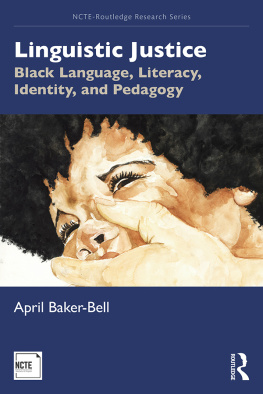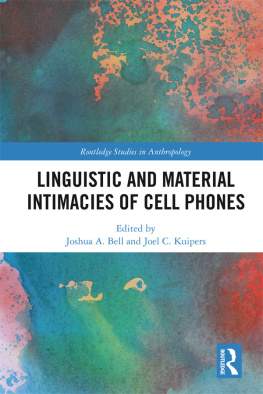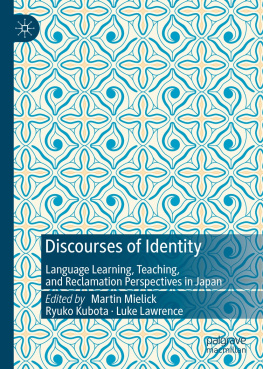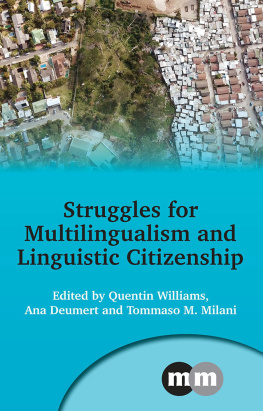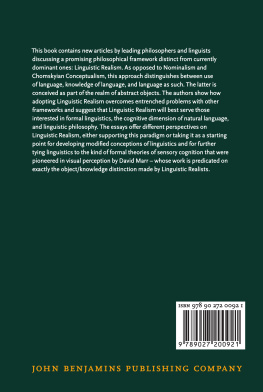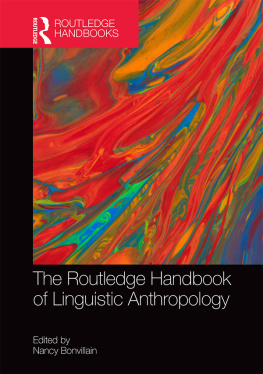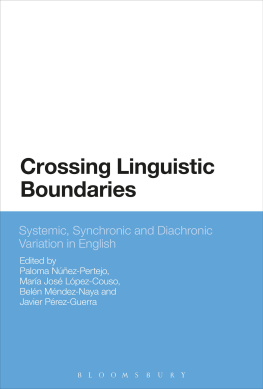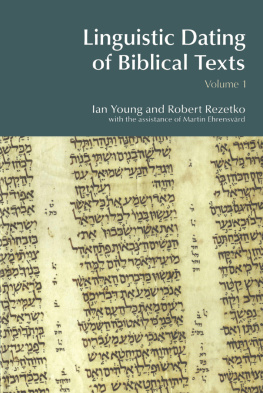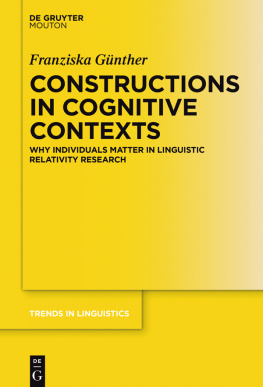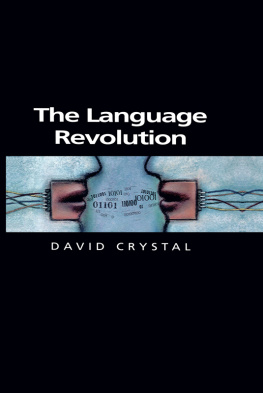Linguistic Justice
Bringing together theory, research, and practice to dismantle Anti-Black Linguistic Racism and white linguistic supremacy, this book provides ethnographic snapshots of how Black students navigate and negotiate their linguistic and racial identities across multiple contexts. By highlighting the counterstories of Black students, Baker-Bell demonstrates how traditional approaches to language education do not account for the emotional harm, internalized linguistic racism, or consequences these approaches have on Black students sense of self and identity. This book presents Anti-Black Linguistic Racism as a framework that explicitly names and richly captures the linguistic violence, persecution, dehumanization, and marginalization Black Language-speakers endure when using their language in schools and in everyday life. To move toward Black linguistic liberation, Baker-Bell introduces a new way forward through Antiracist Black Language Pedagogy, a pedagogical approach that intentionally and unapologetically centers the linguistic, cultural, racial, intellectual, and self-confidence needs of Black students. This volume captures what Antiracist Black Language Pedagogy looks like in classrooms while simultaneously illustrating how theory, research, and practice can operate in tandem in pursuit of linguistic and racial justice.
A crucial resource for educators, researchers, professors, and graduate students in language and literacy education, writing studies, sociology of education, sociolinguistics, and critical pedagogy, this book features a range of multimodal examples and practices through instructional maps, charts, artwork, and stories that reflect the urgent need for antiracist language pedagogies in our current social and political climate.
April Baker-Bell is Assistant Professor of Language, Literacy, and English Education at Michigan State University, USA.
NCTE-Routledge Research Series
Series Editors: Valerie Kinloch and Susi Long

Daniell/Mortensen
Women and Literacy: Local and Global Inquiries for a New Century
Rickford/Sweetland/Rickford/ Grano
African American, Creole and other Vernacular Englishes in Education: A Bibliographic Resource
Guerra
Language, Culture, Identity, and Citizenship in College Classrooms and Communities
Haddix
Cultivating Racial and Linguistic Diversity in Literacy Teacher Education: Teachers Like Me
Brooks
Transforming Literacy Education for Long-Term English Learners: Recognizing Brilliance in the Undervalued
Baker-Bell
Linguistic Justice: Black Language, Literacy, Identity, and Pedagogy
Nash, Glover, Polson
Toward Culturally Sustaining Teaching: Early Childhood Educators Honor Children with Practices for Equity and Change
The NCTE-Routledge Research Series, copublished by the National Council of Teachers of English and Routledge, focuses on literacy studies in P-12 classroom and related contexts. Volumes in this series are invited publications or publications submitted in response to a call for manuscripts. They are primarily authored or coauthored works which are theoretically significant and broadly relevant to the P-12 literacy community. The series may also include occasional landmark compendiums of research.
The scope of the series includes qualitative and quantitative methodologies; a range of perspectives and approaches (e.g., sociocultural, cognitive, feminist, linguistic, pedagogical, critical, historical, anthropological); and research on diverse populations, contexts (e.g., classrooms, school systems, families, communities), and forms of literacy (e.g., print, electronic, popular media).
First published 2020
by Routledge
52 Vanderbilt Avenue, New York, NY 10017
and by Routledge
2 Park Square, Milton Park, Abingdon, Oxon OX14 4RN
Routledge is an imprint of the Taylor & Francis Group, an informa business
2020 Taylor & Francis
The right of April Baker-Bell to be identified as author of this work has been asserted by her in accordance with sections 77 and 78 of the Copyright, Designs and Patents Act 1988.
All rights reserved. No part of this book may be reprinted or reproduced or utilised in any form or by any electronic, mechanical, or other means, now known or hereafter invented, including photocopying and recording, or in any information storage or retrieval system, without permission in writing from the publishers.
Trademark notice: Product or corporate names may be trademarks or registered trademarks, and are used only for identification and explanation without intent to infringe.
A co-publication of Routledge and NCTE
Library of Congress Cataloging-in-Publication Data
Names: Baker-Bell, April, author.
Title: Linguistic justice : black language, literacy, identity, and pedagogy / April Baker-Bell.
Description: New York : Routledge, 2020. |
Series: NCTE-Routledge research series | Includes bibliographical references and index. | Summary: Provided by publisher.
Identifiers: LCCN 2019056627 (print) | LCCN 2019056628 (ebook) | ISBN 9781138551015 (hardback) | ISBN 9781138551022 (paperback) | ISBN 9781315147383 (ebook)
Subjects: LCSH: African American youth--Language. | Black English--United States. | Language and education--United States. | Racism in education--United States. | African American youth--Racial identity.
Classification: LCC P40.5.B42 B35 2020 (print) | LCC P40.5.B42 (ebook) | DDC 427/.97308996073--dc23
LC record available at https://lccn.loc.gov/2019056627
LC ebook record available at https://lccn.loc.gov/2019056628
ISBN: 978-1-138-55101-5 (hbk)
ISBN: 978-1-138-55102-2 (pbk)
ISBN: 978-1-315-14738-3 (ebk)
For the Culture!For Detroit!For Ky & DJ!For My Ancestors!
Figures
Tables
If yall actually believe that using standard English will dismantle white supremacy, then you not paying attention! If we, as teachers, truly believe that code-switching will dismantle white supremacy, we have a problem. If we honestly believe that code-switching will save Black peoples lives, then we really aint paying attention to whats happening in the world. Eric Garner was choked to death by a police officer while saying I cannot breathe. Wouldnt you consider I cannot breathe standard English syntax?
(April Baker-Bell, )
Linguistic Justice is a book about Black people and identities, Black literacies and languages, and Black life and liberation. In fact, it is not only a book. It is also a complex love story about the valuable role teachers and teacher educators must play in supporting Black students to navigate and negotiate their linguistic, racial, and sociopolitical identities within multiple, hostile contexts. It is a love story about survival that is set against the realities of white supremacy that get materialized through racial injustices and linguistic violence. It is a love story against Anti-Blackness, generally, and against Anti-Black Linguistic Racism, specifically. And what a love story it is!
April Baker-Bell, a teacher-researcher-activist from Detroit, Michigan, describes how traditional approaches to language education do not account for the emotional harm that Black students painfully experience on a daily basis. Inside classrooms and throughout society, countless Black students are shamed for how they talk, walk, dress, breathe, think, live, and look. They are shamed for how they curiously ask questions, for how they creatively engage in solving problems, and for how they show up in classrooms and in the world. They are shamed because they are Black and they are doubly shamed if they are Black and speak Black Language. Thus, according to April, If yall actually believe that using standard English will dismantle white supremacy, then you not paying attention!

